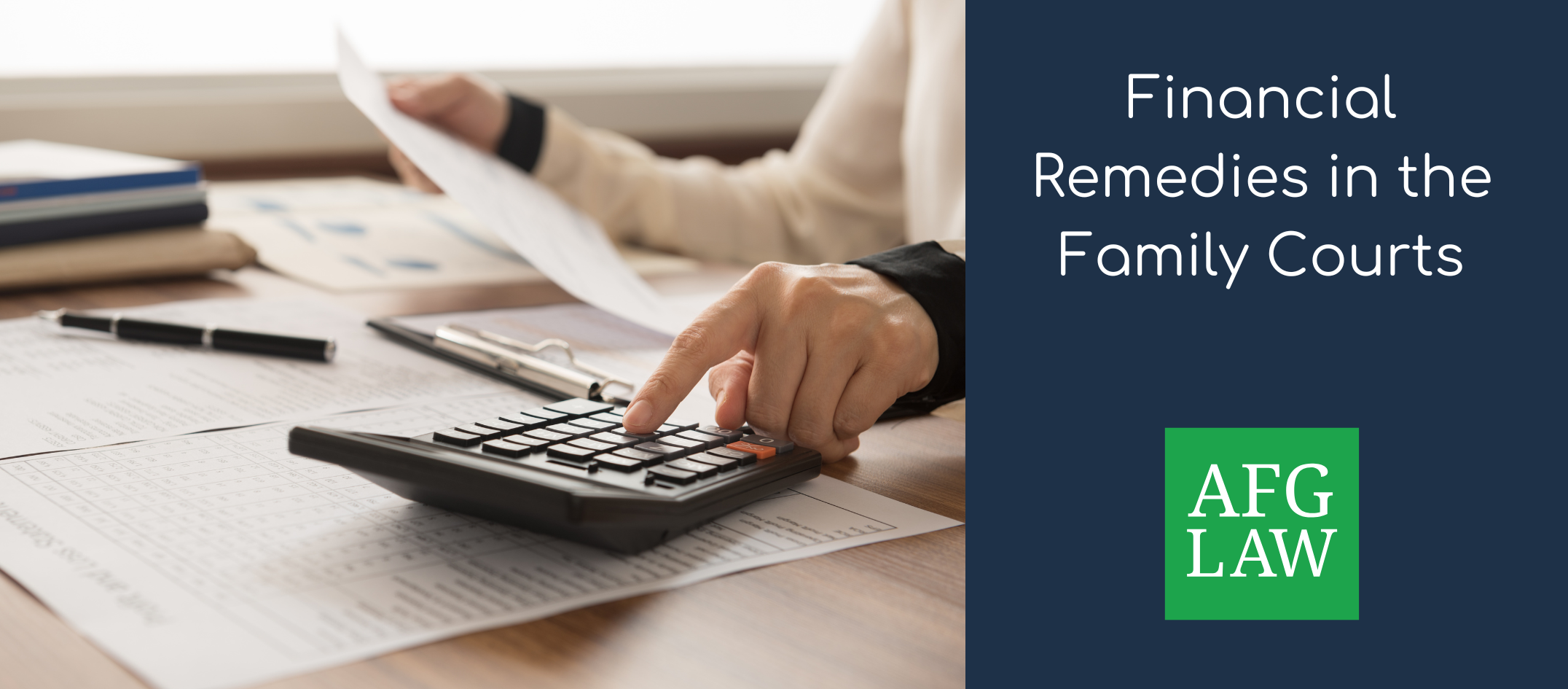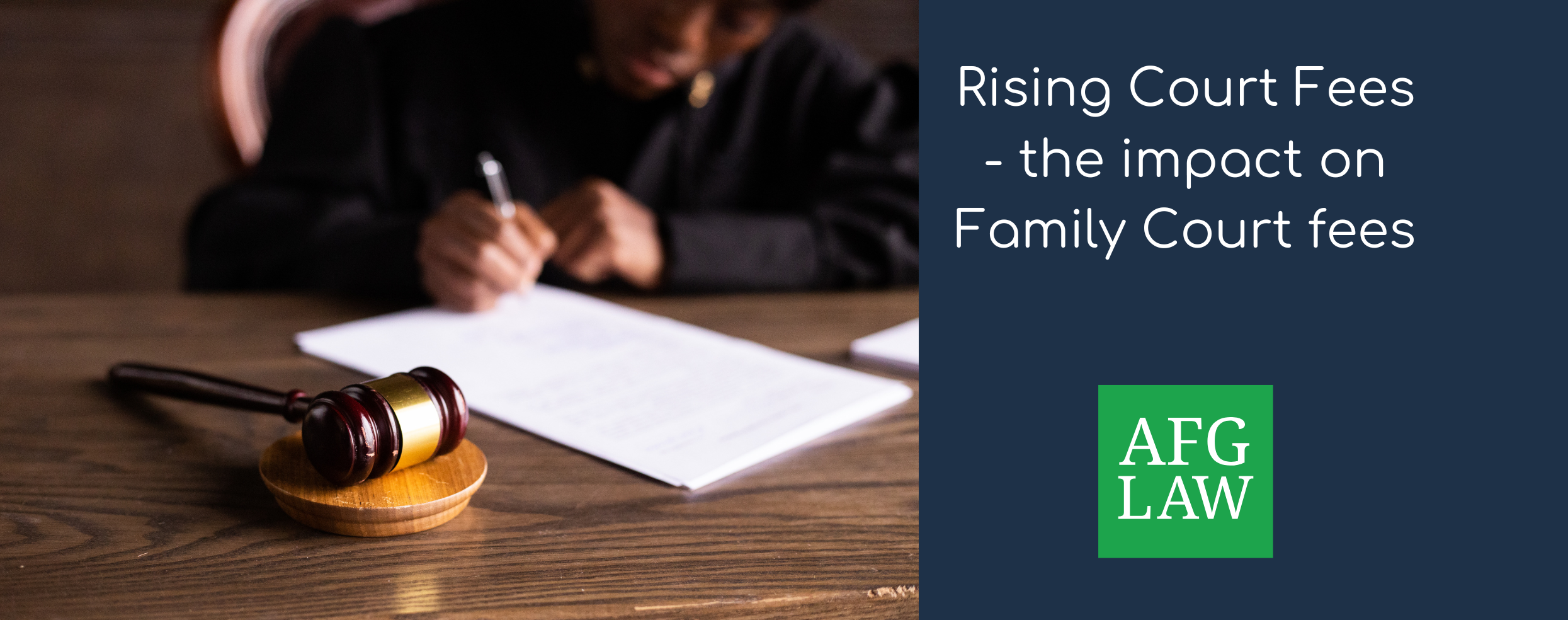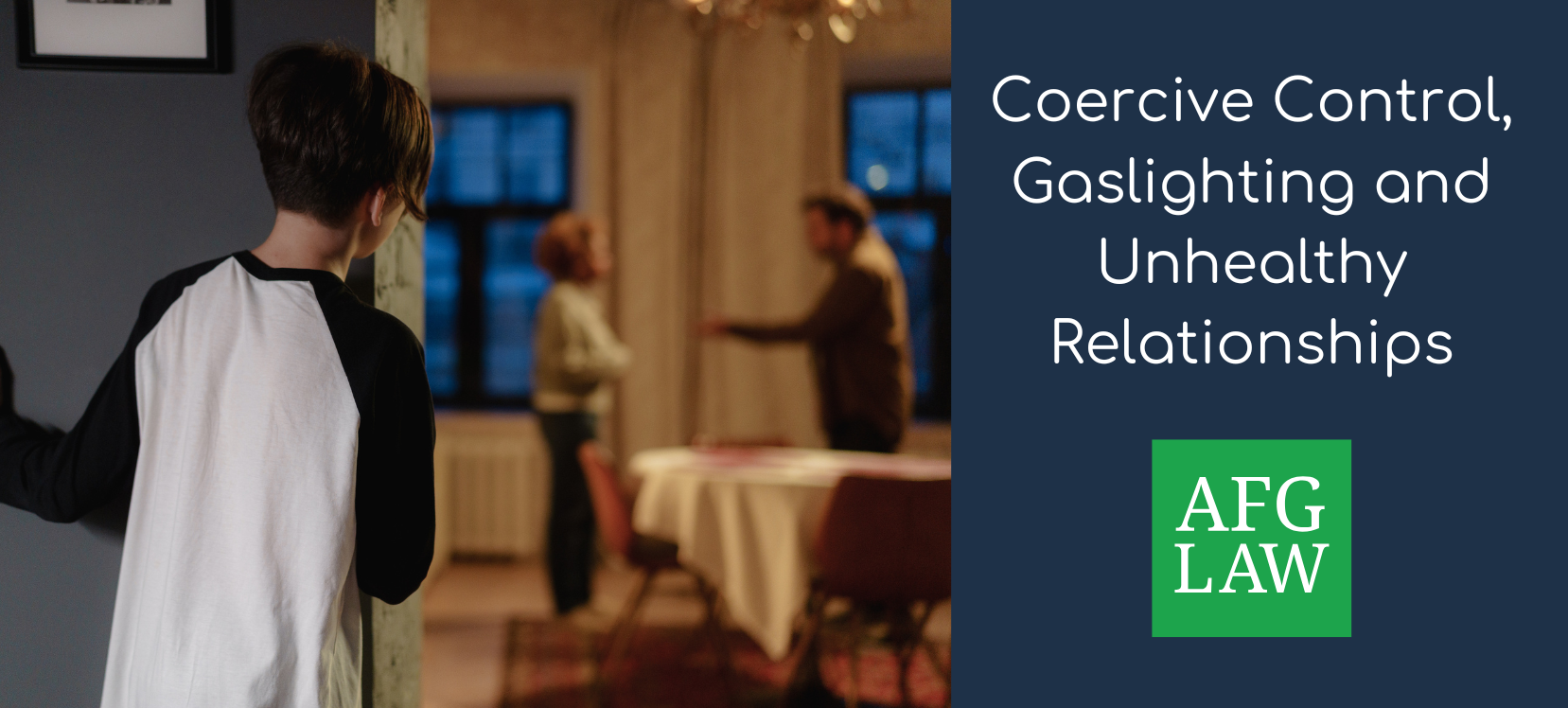Many couples live together, buy property together and have children together without getting married. While some cohabiting couples are clear on their legal status, other unmarried couples believe that they will have the same protection afforded to married couples if the relationship breaks down.
There is no one area of law that deals with relationship breakdown between unmarried couples in the same way that the Matrimonial Causes Act 1973 does for people who are married, or the Civil Partnership Act 2004 does for people who have entered a civil partnership. At AFG law we understand this can cause confusion and lead to uncertainty, but our specialist cohabitation solicitors are here to help.
Our cohabitation solicitors can provide advice on the following different areas that arise if a cohabiting relationship breaks down:
- Unmarried couples and the family home
- Unmarried couples’ rights on separation
- Living Arrangements for children (can this link through to the child arrangements order pages – not yet written?)
- Financial provision for children (can this link through to the financial provision page)
- Unmarried couples and future planning
Unmarried couples and the family home
If you cohabit you do not have the same rights to make property claims as married couples or civil partners, instead disputes are dealt with using the Trusts of Land and Appointment of Trustees Act 1996, often known as TOLATA. There are two main ways that a cohabitant may have an interest in a property, if they own the property together or under a ‘trust’.
If a property is jointly owned, whether as joint tenants or tenants in common, if you separate the house will usually be divided between you either 50/50 or in the percentages that you hold the property. This could be different if the ‘common intention’ of the parties has changed; for example, if one of the couple left and the other one continued to live in the property and made all of the mortgage payments for years, it could be said that one has made less of a contribution and the common intention at the beginning that the property be joint has changed.
If just one of the cohabiting couple owns the property but has made a written declaration of trust saying they hold the property for themselves and their partner, setting out shares, then this will be an express trust and will make it clear what is to happen on any relationship breakdown.
If a property is owned by just one of the couple, with no express trust, then the other partner will have no automatic right to ask for a share of the property and it will belong to one partner solely unless the other partner can show that they have an ‘interest’ in it, also called a beneficial interest. This might be because they contributed to the purchase price or mortgage payments, or have added value in some other way such as adding an extension, in these circumstances an application could be made to the court. Disputes usually arise where a property is solely owned but the other cohabitant wishes to make a claim.
Cohabiting property dispute claims – TOLATA
For unmarried couples who are separating and who own land or property together, the Trusts of Land and Appointment of Trustees Act 1996 (TOLATA) gives courts certain powers to resolve disputes about the ownership of land. Our family finance solicitors can provide you with advice and legal support to resolve a property or land ownership dispute, guide you through the legal principles to help reach agreement, whether through negotiation or mediation, or if that is not possible by making an application to court.
A TOLATA claim can be issued for the sale of land or property, to reoccupy a former family home when an ex-partner refuses to leave, to determine the share you each own.
If the property is not owned jointly, there is no express trust and one partner wishes to claim a beneficial interest one of the following must apply:
- That you contributed money, or equivalent, to the purchase of the property and that you both intended to hold the property in the proportions of your contributions i.e. 40% of the purchase price so you’d hold 40% of the property
- That both of you intended you’d have an interest in the property and relying on this you’ve done something to your detriment i.e. funded an extension
- That your ex-partner told you, or acted in a way, that made you believe you had a beneficial interest and relying on this you’ve done something to your detriment and it would be unreasonable of your ex partner to insist the house solely belongs to them.
When the court is being asked to make an order it must consider the intention of the person or persons who created the trust, the purposes for which the property subject to the trust is held, the welfare of any minor who occupies or might reasonably be expected to occupy the property subject to the trust as their house and the interests of any secured creditor of any beneficiary. In the absence of evidence of an agreement that the property is held in the way one of the ex partners says it is held, the court will consider the evidence and, where appropriate, infer or impute a common intention from the conduct of the parties.
Unmarried relationship breakdown – Providing a home for the children
At AFG LAW our solicitors understand that an additional worry when dealing with a cohabitation breakdown will be the impact on the children’s lives. If you are worried about providing a home for your children our solicitors can advise you about the powers of the court available under Schedule 1 of the Children Act 1989. A parent, step-parent, guardian, special guardian or someone who holds a child arrangements order (live with) can all make this application on behalf of a child for financial provision from the other parent. This application is often made alongside an application made under the Trust of Land and Appointment of Trustees Act 1996. An order under Schedule 1 can be for a lump sum or sums, a property to be transferred or held in trust for a child until the age of 18 or finishing education when the property will be transferred back to the other parent or sold and the proceeds returning to the other parent. Orders can also be made for additional maintenance if the other parent is a high earner or for school fees etc.
If you want more information please contact our specialist solicitors today and see our financial provision for children page.
Unmarried couples and the rented home
If you rent your home, you may not have an automatic right to stay if you separate from your partner. If the tenancy is in your partner’s sole name, then you may have to apply to the court for an occupation order to be permitted to remain in the property if your partner will not agree for you to stay. It is important that you seek legal advice as soon as possible; your solicitor will be able to advise you what action you may be able to take.
If the tenancy is in your sole name, or jointly with your partner, you are entitled to stay. If your partner is not willing to leave the property, you may need to ask the court for an occupation order to ask them to leave.
If you are faced with eviction from the property, because of rent or mortgage arrears, it is important to seek legal advice immediately. You cannot be evicted without an order of the court, however, it may be difficult for you to delay or stop an eviction in these circumstances, even if you have children.
If you are worried contact our relationship breakdown solicitors today.
Unmarried couples’ rights on separation
If you separate from your partner, you will have very few rights unless any money or property is in joint names or you have entered a cohabitation agreement which sets out the financial arrangements in the event you decide to go your separate ways. Any jointly owned assets will usually be split between you 50/50 or in accordance with any agreement you have made. Money or property in your partner’s sole name will be presumed to belong to them alone, unless you can prove otherwise by making an application under the Trusts of Land and Appointment of Trustees Act 1996 (TOLATA) . You have no right to claim financial support for yourself, although you do have the ability to claim support for any dependent children through the Child Maintenance Service and may be able to make an application under Schedule 1 of the Children Act 1989 if certain circumstances exist. Our solicitors can provide you with advice about TOLATA applications and Schedule 1 applications
Can I claim against my ex’s pension?
At the moment cohabiting couples are not automatically entitled to claim a share of their former partner’s pension, unless they have been nominated as a beneficiary. However, in Brewster v Northern Ireland Local Government Officers’ Superannuation Committee [2017] UKSC 8 (08 February 2017), the highest court in the UK said that, as the long-term partner of someone who had died, Ms Brewster was entitled to receive a survivors’ pension even though her partner had not nominated her to receive one. Under the terms of the pension scheme in question, married partners were automatically entitled to benefit from a survivors’ pension, but unmarried partners could only benefit if they had filled in a form to opt into the scheme. The court said that this was discriminatory and could not be justified, this is expected to benefit other cohabiting couples in a similar position.
My partner died without a will – am I entitled to receive anything?
When someone dies without leaving a will there are rules in place to determine who should get what and unfortunately these do not make any provision for the surviving partner to receive anything. The only way provision might be possible is if you can show that you were financially dependent on your partner at the time of their death and the court agrees that, in those circumstances, some sort of provision may be made for you.
Where you and your former partner owned property jointly, or had money together in a joint account, you will be entitled to inherit this.
Unmarried couples who live together have fewer legal rights than a married couple, and if their relationship breaks down, there are very different legal implications.
Assets such as the family home are not divided as they may be in a divorce. Cohabitation disputes such as property disputes have to rely on trust and land law. And there is no automatic entitlement to financial, capital, spousal maintenance, or pension claims.
Unmarried couples and future planning
The best thing you can do to protect yourself from future heartache is to enter into a cohabitation agreement, consider a declaration of trust and also making a will. At AFG Law we have different departments that work closely together and can offer you a holistic service. For more information about cohabitation/living together agreements please see our future planning section.
Unmarried couples and buying a home
If you are considering buying a property with your partner, make sure you are advised by our conveyancing team about the different ways you can own a property together. This can help avoid problems in the long run along with considering a cohabitation agreement. At AFG LAW our friendly and experienced property team work closely with our specialist family solicitors and can help you with buying and selling properties together.
If you are buying a property together and you are putting down unequal amounts for a deposit your conveyancer can advise you to have a Declaration of Trust recording your unequal contributions. The Declaration of Trust will set out who gets what from any sale or transfer of property and may also be particularly relevant if you are paying a lump sum off the mortgage at a later date.









































